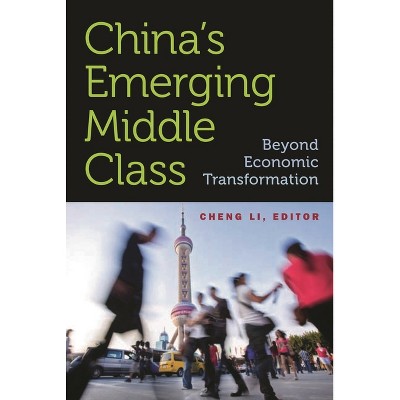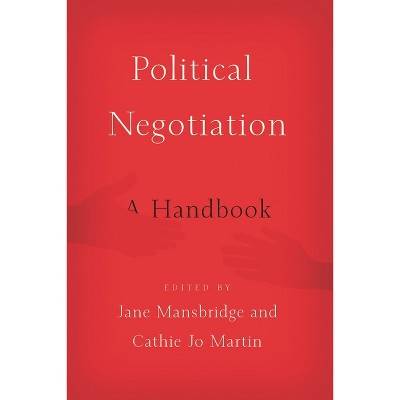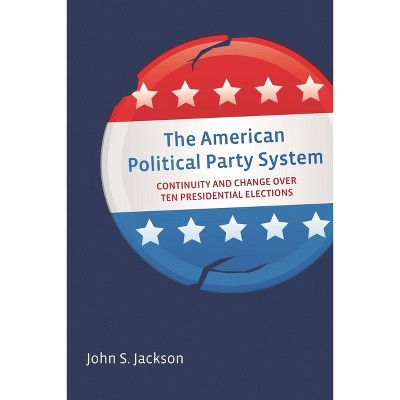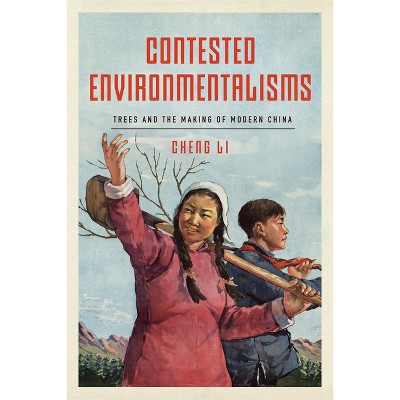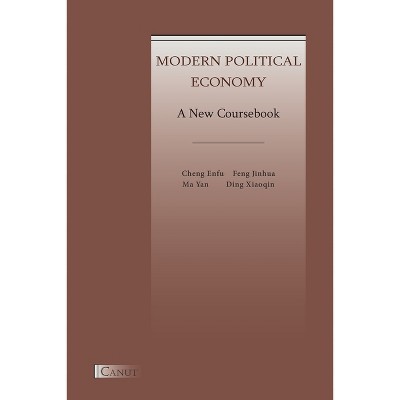About this item
Highlights
- "While China's economic rise is being watched closely around the world, the country's changing political landscape is intriguing, as well.
- About the Author: Cheng Li is a senior fellow in the John L. Thornton China Center at the Brookings Institution.
- 342 Pages
- Political Science, World
Description
About the Book
"While China's economic rise is being watched closely around the world, the country's changing political landscape is intriguing, as well. Forces unleashed by market reforms are profoundly recasting state-society relations. Will the Middle Kingdom transitio...
Book Synopsis
"While China's economic rise is being watched closely around the world, the country's changing political landscape is intriguing, as well. Forces unleashed by market reforms are profoundly recasting state-society relations. Will the Middle Kingdom transition rapidly, slowly, or not at all to political democracy? In China's Changing Political Landscape, leading experts examine the prospects for democracy in the world's most populous nation. China's political transformation is unlikely to follow a linear path. Possible scenarios include development of democracy as we understand it; democracy with more clearly Chinese characteristics; mounting regime instability due to political and socioeconomic crises; and a modified authoritarianism, perhaps modeled on other Asian examples such as Singapore. Which road China ultimately takes will depend on the interplay of socioeconomic forces, institutional developments, leadership succession, and demographic trends. Cheng Li and his colleagues break down a number of issues in Chinese domestic politics, including changing leadership dynamics; the rise of business elites; increased demand for the rule of law; and shifting civil-military relations. Although the contributors clash on many issues, they do agree on one thing: the political trajectory of this economic powerhouse will have profound implications, not only for 1.3 billion Chinese people, but also for the world as a whole.
"Review Quotes
"Cheng Li and his colleagues at The Brookings Institution invited a stellar group of scholars to consider how changes in Chinese politics affect the country's prospects of democratization.The result is an outstanding volume that considers the question from a variety of angles and contains diverse opinions on the subject." -- "Perspectives on Politics"
"Cheng Li and the contributors to China's Changing Political Landscape offer a comprehensive and deftly presented overview of fundamental transformations in China's political trajectory. The contrasting and sometimes clashing views of the authors reflect the enormously rich and multidimensional nature of the post-Mao reform experience. They provide us with a solid foundation for understanding not only China's present, but its future as well." --Calvin Chen, Mount Holyoke College, "Pacific Affairs"
"In this edited book, fifteen top China scholars offer compelling, empirically rich and illuminating snapshots of trends in the development of China's political system. Moving beyond the "trapped transition" paradigm, they assess whether democracy will emerge from incremental political change in China." --Stephen Trott, University of Toronto, "The China Journal"
"This collection of extremely strong essays by a distinguished cast of China experts is the best book I know on the non-economic and political prospects of the People's Republic (PRC)...highly stimulating." --Jonathan Fenby, "Asian Affairs"
About the Author
Cheng Li is a senior fellow in the John L. Thornton China Center at the Brookings Institution. His previous books include China's Leaders: The New Generation (Rowman and LIttlefield, 2001) and Rediscovering China: Dynamics and Dilemmas of Reform (Rowman and Littlefield, 1997).Shipping details
Return details
Trending Current Affairs & Politics







